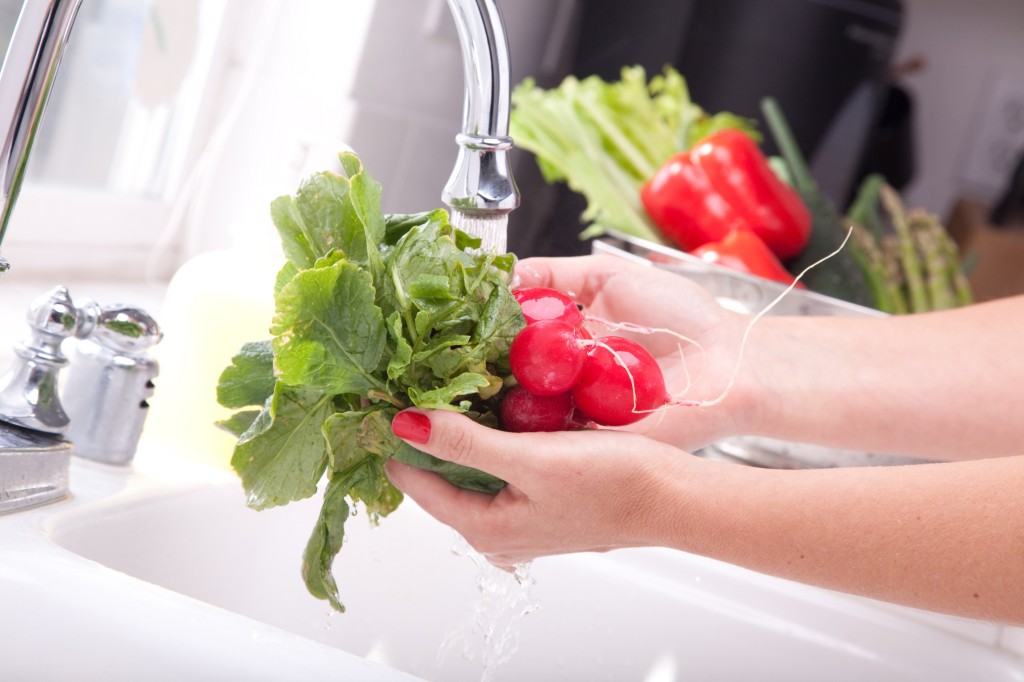4 Food Safety Tips
Although a great number of people are becoming concerned about their health and appearance and try to eat healthy. Admittedly, there is an abundance of foods at the supermarkets that are said to be organic and consequently good for your body but the truth is that we still need to be careful. Even if their products have gone thorough inspections by the authorities and they were neatly stored in accordance with all safety and health standards, you should be mindful about particular foods that need preparation. Here are four tips when preparing food for yourself and your family.
1. Clean Produce
Here is the golden rule called thorough cleaning. As far as the fruits and vegetables are concerned, most consumers think that putting them under cold running water for a couple of seconds but that may not be enough. Every fruit should be rinsed with warm water for more than a minute. If the fruits have been imported from another country they may have been treated with some chemicals in order to avoid damage and preserve their initial condition. Even if you picked up your fruits and vegetables from the ?organic? shelf, do wash them carefully. The probability to be clean of any harmful substances is really slim.
2. Storage
The proper food storage is another important factor in food safety. As soon as you check out at the supermarket, the responsibility for appropriate storage of the food is yours. Meat, for example, can be really troublesome. If the store where you shop is a bit of a drive, you may want to bring a few insulated bags to transport your cold or frozen items back home. Be sure to use the items before the expiration date or place in the freezer for future use.
3. Clean surfaces
When preparing meals it is important to make sure your hands are absolutely clean. Washing your hands after coughing, smoking, sneezing, touching dirty surfaces such as the trash bin lid, is obligatory when preparing any kind of food.? As soon as you are done cutting the meat, put your cutting utensils under hot running water and vigorously scrub them with an appropriate detergent.
4. Preparation
Stick to the instructions at the recipe books and cook the meal as long as directed in order to make sure all the bacteria is eliminated. It is a well-known fact that a great number of foods contain bacteria before the thermal processing such as chicken.
Under no circumstances should you keep raw and cooked food together to avoid cross contamination
Don’t forget that your health should be your top priority. By handling and preparing your food with caution, you can greatly reduce the risk of any contaminates.
Author Bio: Connie Jameson loves to write about health and hygiene. As a leader of London cleaning services team she has to learn and read about new cleaning technologies.






